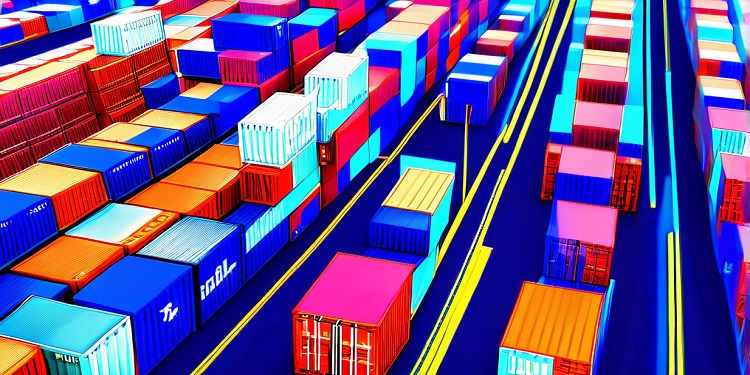 Countries are continuing to cope with cryptocurrency mining in a variety of ways. Norwegian authorities, who were one of a number of favored destinations during the Chinese mining flight, are contemplating supporting a European Bitcoin mining ban, according to a report by Euronews Next. In an interview with local media, the country’s minister of local government and regional development, Bjrn Arild Gram, stated that the Scandinavian nation is contemplating potential policy initiatives to “meet the issues associated with cryptocurrency mining” and that it is “hard to justify the exhaustive use of sustainable power today.”
Countries are continuing to cope with cryptocurrency mining in a variety of ways. Norwegian authorities, who were one of a number of favored destinations during the Chinese mining flight, are contemplating supporting a European Bitcoin mining ban, according to a report by Euronews Next. In an interview with local media, the country’s minister of local government and regional development, Bjrn Arild Gram, stated that the Scandinavian nation is contemplating potential policy initiatives to “meet the issues associated with cryptocurrency mining” and that it is “hard to justify the exhaustive use of sustainable power today.”
Gram stated that the government is examining a suggestion put up by certain Swedish officials, who have encouraged the European Union to outlaw energy-intensive proof-of-work cryptocurrency mining activities, according to Gram. A debt-ridden nation in Southeast Asia is attempting to benefit from the cryptocurrency sector despite China’s growing crackdown on the sector by releasing new restrictions on cryptocurrency mining and exchanges, according to Bloomberg.
It was claimed by local media The Laotian Times that the country’s ministry of technology and communications submitted a notice earlier this month to control crypto miners and cryptocurrency trading sites. The notification required that these corporations must be completely owned by Laos and be financially stable, as well as have adequate money to function.
The Bank of Laos also requires that enterprises make a security deposit of US$5 million with them, as per the news article. According to local media, the authorities stipulated that mining activities must use a minimum of 10 megawatts of energy under a six-year agreement with the country’s electricity supplier, which may be extended if necessary.
In addition, cryptocurrency miners benefited from the new laws. It said that the government would exclude mining businesses from paying electricity transmission and import taxes. In September, the Southeast Asian nation approved six firms to transact and mine cryptocurrencies, ending a prohibition that had been in place since 2018. Per an announcement from the prime minister’s office, the crytocurrency industry regulations come after the country authorized six firms to trade and mine cryptocurrencies in September, ending a ban that had been in place since 2018.
According to World Bank statistics, Laos is the third poorest country in the region, after Myanmar and Cambodia, and is the third poorest in the world. Per capita gross domestic output in 2020 was US$2,630, as per statistics from the United Nations Development Program (UNDP).
The country has been attempting to use its enormous hydropower resources to boost the economy in an endeavor to become known as the “Battery of Southeast Asia” by constructing hydroelectric dams on the Mekong River. The International Trade Administration of the United States Department of Commerce reports that the Lao economy is highly dollarized in reality, with foreign currencies such as Thai baht, American dollars, and Chinese yuan frequently being used in private deals involving the importation of goods from other countries.
In addition to approving the crypto business, the central bank of Laos is also investigating the feasibility of a central bank digital currency (CBDC), having hired Soramitsu, a blockchain startup based in Tokyo, to investigate the topic in October. In the meanwhile, Bitcoin mining difficulty has risen to a level that is near to that of the peak before China’s crackdown on the mining industry and the subsequent crypto meltdown, which occurred in May.
According to statistics from BTC.com, the difficulty level — a measure of how difficult a miner would have to struggle to validate transactions on a block, or “dig out” Bitcoins — increased by 4.69 percent last week, marking the ninth rise in a row after four straight reductions dating back to May.








